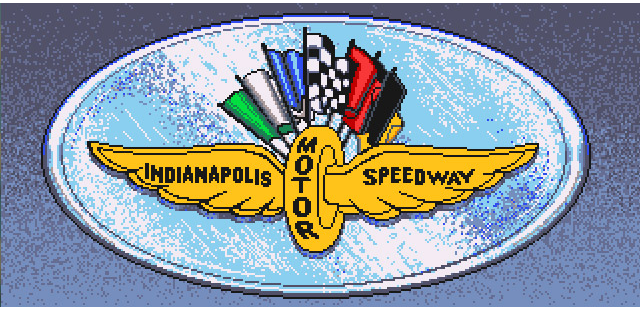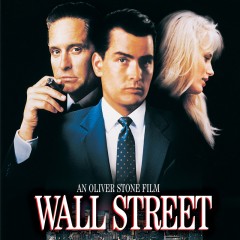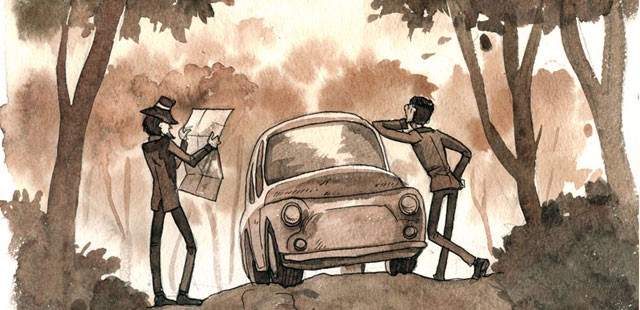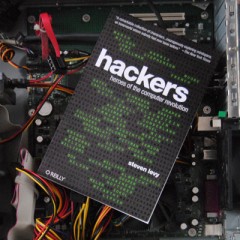Developed by Papyrus Design Group and distributed by Electronic Arts (EA), Indianapolis 500: The Simulation, known as Indy 500, was simplistic and grand all in a singular game that was released for DOS and Amiga.
Declassify >Retro Gaming Revisited

Of all things Geek. I am…

Developed by Papyrus Design Group and distributed by Electronic Arts (EA), Indianapolis 500: The Simulation, known as Indy 500, was simplistic and grand all in a singular game that was released for DOS and Amiga.
Declassify >
From the Chairman of the Board, Frank Sinatra, singing “Fly Me to the Moon” over the opening credits to the Board of Teldar Paper at the annual stockholders meeting where “Greed is right,” and from the showdown in Central Park to the battle of father versus mentor and the morality of Lou, it all adds up to Wall Street, a film that will always be relevant so long as there is either a stock market or someone looking to make a quick buck.
And, no, the two are not mutually exclusive.
Declassify >
Although games and series may continue on after company or licence acquisitions, mergers and bankruptcy, the original developers who created the games can at times be forgotten, but that’s now how it should be.
Game developers deserve the same recognition that the original artists get when their songs are covered by newer or different musical acts. In truth it’s their legacy, because like the original artists who wrote the musical notes and lyrics of a song that gets covered, these original developers created the script and code to the original game and that should not be forgotten.
Declassify >
Art like inspiration can come from anywhere. As an example below are five great pieces of art from all over the world. A library photo from France, a photo of old computers from the United States, Quake fan art from Spain, a female dwarf from Czech Republic and Lupin the Third fan art from Russia.
Declassify >
The New York Times called it “A remarkable collection of characters…courageously exploring mindspace, an innerworld where nobody had ever been before,” and they’re right. The book, Hackers: Heroes of the Computer Revolution by Steven Levy is as great a story as the real-life characters and their accomplishments that adorn the book.
Names you’ve heard like Wozniak and Gates, and those you haven’t like Felsenstein, Greenblatt, and Gosper are among the many mentioned.
Declassify >